Buy Epithra : Epirubicin 100 Mg Injection Online
$54.32
Brand Name : Epithra
Composition : Epirubicin
Manufactured by : Glenmark (Onkos) Pharmaceuticals Ltd.
Strength : 100 mg
Form : Injection
Packing : Pack of 1 Vial
Prescription Required *
Epithra is a branded medication that contains the active ingredient epirubicin. It is manufactured by Glenmark (Onkos) Pharmaceuticals Ltd. and comes as an injection in a vial with a strength of 100mg per vial. It is used to treat various types of cancers, including breast cancer, stomach cancer, and lung cancer.
Uses:
Epithra is used to treat various types of cancers that have spread to other parts of the body. It is used to treat breast cancer, stomach cancer, and lung cancer. It is also used to prevent the recurrence of breast cancer after surgery.
How to Use:
Epithra is administered through an intravenous (IV) infusion in a healthcare facility, typically once every 3-4 weeks. The dosage and duration of treatment will depend on the individual’s medical condition and response to the medication. It is important to follow all instructions provided by a healthcare professional when using Epithra.
Storage Conditions:
Epithra should be stored in a cool, dry place and protected from light. When reconstituted, it should be used immediately or refrigerated for up to 24 hours.
Mechanism of Action:
Epithra works by inhibiting the growth and division of cancer cells. It works by binding to the DNA of the cancer cells and interfering with their ability to reproduce. This slows the growth and spread of cancer cells in the body.
Precautions:
Epithra should not be used by individuals who are allergic to epirubicin or any components of the medication. It is important to inform a healthcare provider of any medical conditions or medications being taken before using Epithra. It may not be safe for use during pregnancy or breastfeeding.
Contraindications:
Epithra is contraindicated in individuals with severe bone marrow suppression and liver problems. It should not be used in combination with certain medications, such as doxorubicin, due to the risk of interactions.
Drug Interactions:
Epithra may interact with certain medications, including other chemotherapy medications and medications that affect the liver. It is important to inform a healthcare provider of any medications being taken before using Epithra.
Overdose:
Overdose of Epithra may lead to serious adverse effects such as severe bone marrow suppression, gastrointestinal bleeding, and heart problems. If an overdose is suspected, medical attention should be sought immediately.
Side Effects:
The side effects of Epithra may include hair loss, nausea, vomiting, diarrhea, fatigue, and injection site reactions. It may also cause a decrease in white blood cells and platelets, leading to an increased risk of infection and bleeding. Other side effects may include heart problems and liver problems.
Be the first to review “Buy Epithra : Epirubicin 100 Mg Injection Online” Cancel reply
Related products
Anti Cancer
Anti Cancer
Anti Cancer
Anti Cancer
Anti Cancer
Anti Cancer


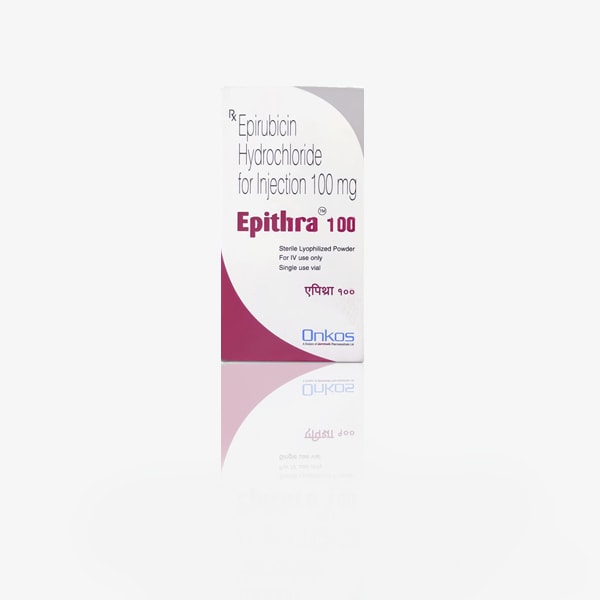


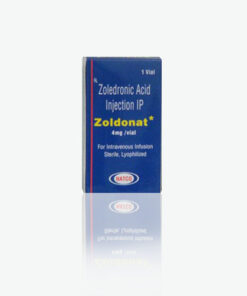

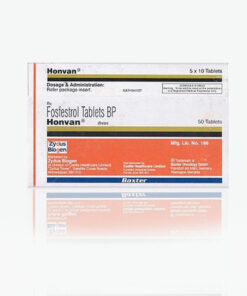
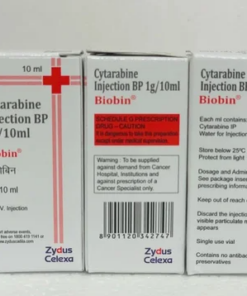
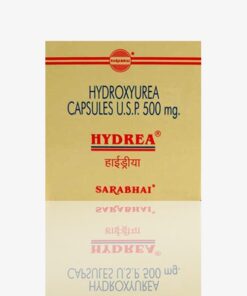

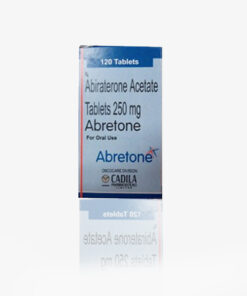
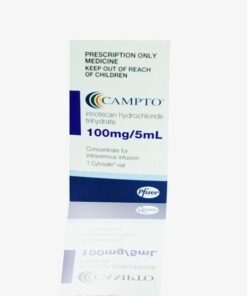
Reviews
There are no reviews yet.